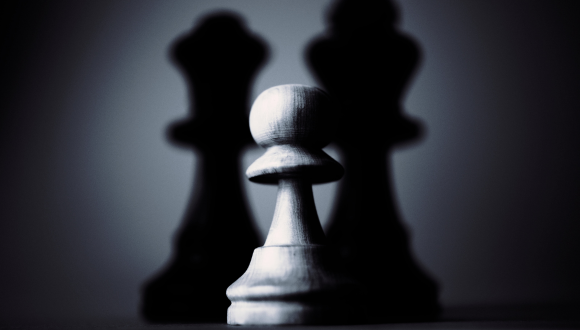Breaking Down Chess Endgame Techniques
Learn what chess endgame strategies there are and how you can use them to win.



Introduction of the chess endgame
Chess endgame is a very important game phase in which precise calculation and planning result in victory. The skill of winning from equal positions is gained by mastering the techniques in the endgame. We shall be discussing several key techniques for mastering chess endgame. Simply put, it's the final stage of a chess game and it begins when there are few chess pieces left on the board.
Chess endgame - King Activation
Mobilization of your king is one of the most critical principles in the chess endgame. While in the middle-game and the opening, your king must be safe, in the endgame your king is a powerful attacking piece.
When the chess position is more open, push your king towards the center so that it supports pawns and defends key squares. A mobilized king can capture opponent pawns and assist in breaking through with passed pawns to promotion.
Forming and Promoting Passed Pawns
Passed pawns — pawns that do not have any pawns in front of them—can be the winning force. During chess game, you can set about developing them by exchanging pawns and managing your pawns to gain profit.

In this chess strategy you need guard them carefully, as a single passed pawn is capable of deflecting your opponent's king, gaining winning chances. Promotion of a passed pawn can win the chess game by forcing your opponent to play defensively.
Chess endgame - Zugzwang
Zugzwang, literally "move compulsion" in German, is a situation in which any move your opponent is forced to make weakens their position.
Creating and recognizing chess zugzwang is a powerful way to improve your position, especially in the king-and-pawn endgame.
Carefully guiding your opponent into a forced loss is possible through clever chess play. Familiarization with typical endgame ugzwang situations is a key to recognizing opportunities for subtle chess moves that lead to winning advantages.
Simplifying to a Winning Position
The key ultimate plan is simplification chess strategy and trading pieces in order to achieve a position that is obviously winning. When you have more pawns than your opppent, you may take advantage from it. Tactically exchanging can simplify your path to win a game.

Understanding Key Chess Endgame Patterns
It is worth getting accustomed to traditional principles of the chess endgame — opposition, triangulation, and rook vs. pawn endgames —because they can greatly enhance your play. Getting to know these chess patterns will help you immediately evaluate winning and losing positions, and your decisions will be more accurate and efficient.
Conclusion
Mastery of these techniques at the endgame turns prospective draws into wins and reinforces your confidence in the most critical situations. With the activation of your king, effective control of pawns, use of zugzwang, simplification when necessary, and study of important endgame motifs, you'll win most often when it matters most.




